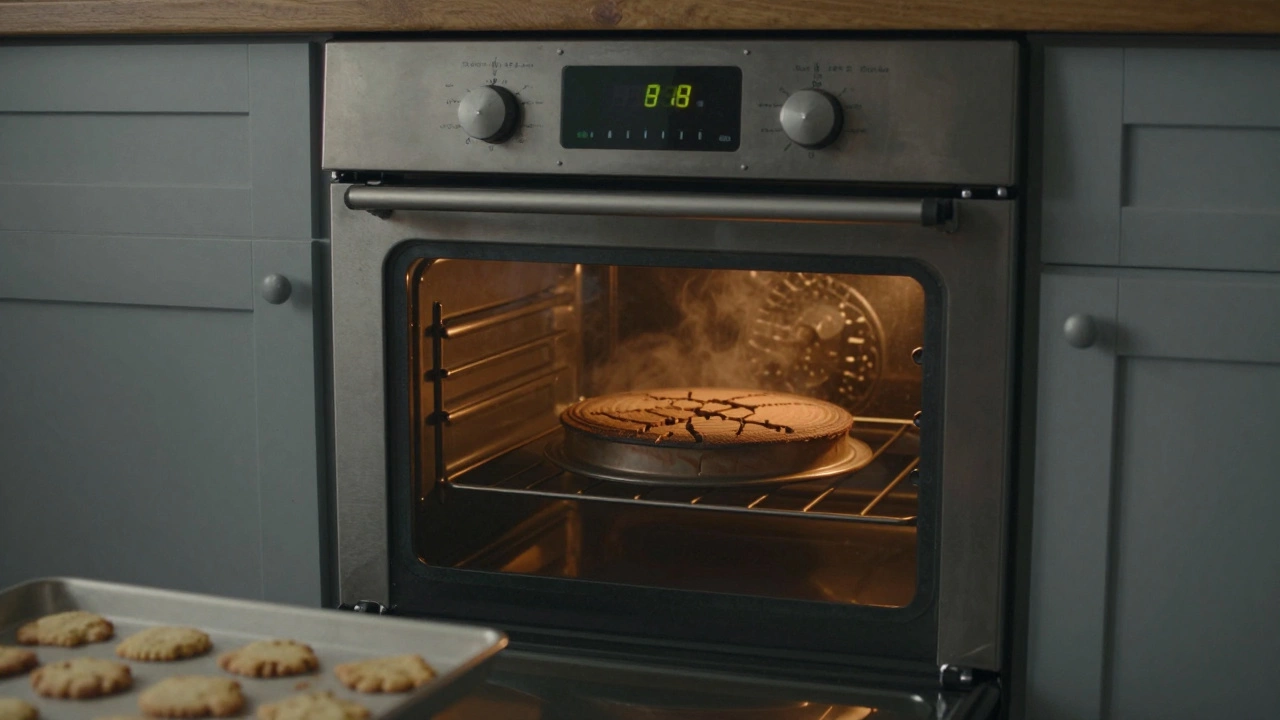Appliance Lifespan Guide – Know How Long Your Appliances Should Last
Ever wonder why your fridge is making weird noises or why the dishwasher stopped mid‑cycle? Most of the time it’s not a mystery – it’s simply the end of an appliance’s expected life. Knowing the typical lifespan of each major appliance helps you plan maintenance, budget for replacements, and avoid unexpected breakdowns.
Average Lifespans for Common Appliances
Refrigerator: 10‑15 years. The compressor and sealed system are the big wear points. If you notice constant temperature swings or the freezer not freezing, it may be time for a new unit.
Washing machine: 8‑12 years. Drum bearings, belts, and water valves wear out. A leak or a loud thumping sound usually signals the end of the road.
Dryer: 10‑13 years. The heating element and lint filter cause most issues. Excessive heat or frequent trips to the circuit breaker point to a failing dryer.
Oven (electric or gas):** 12‑15 years. Thermostats, heating elements, and control boards give up over time. If you get uneven baking or codes on the display, check the age before calling a tech.
Dishwasher: 9‑12 years. Pump and spray arm wear quickly. A foul smell, poor cleaning, or water at the bottom usually means the appliance is aging.
Microwave: 7‑10 years. The magnetron is the most costly part. If it sparks, hums without heating, or stops turning, replace it.
Boiler/Water heater: 10‑15 years for boilers, 8‑12 years for electric water heaters. Corrosion, rust, or a loss of pressure are clear signs it’s nearing retirement.
Simple Steps to Extend Appliance Life
Regular cleaning is the cheapest way to add years. Remove lint from dryer vents, clean fridge coils, and clear dishwasher filters. These tasks keep engines from overheating and parts from clogging.
Don’t overload. A washing machine packed to the brim or a dryer slammed with too many heavy items strains motors and bearings. Follow the manufacturer’s load limits – it saves energy and reduces wear.
Watch for early warning signs. A fridge that runs constantly, a dishwasher that leaks a few drops, or an oven that takes longer to preheat all indicate parts are getting tired. Early repair often costs less than waiting for a full failure.
Schedule annual check‑ups for big gear like boilers, heat pumps, and washing machines. A professional can tighten loose connections, replace worn seals, and catch corrosion before it spreads.
Finally, consider the cost of repair versus replacement. If a part costs more than half the price of a new unit, or the appliance is already past its average lifespan, buying a new, energy‑efficient model usually pays off in the long run.
Knowing the typical lifespan of your home appliances helps you stay ahead of breakdowns, save money, and keep your household running smoothly. Use these averages as a guide, keep up with basic maintenance, and you’ll get the most out of every machine.
1 December 2025
·
0 Comments
Deciding whether to fix or replace a 10-year-old oven? Learn the real costs, safety risks, and when it’s smarter to upgrade. Save money and avoid future headaches.
Read more
25 October 2025
·
0 Comments
Learn how to decide if fixing a 4‑year‑old dishwasher makes sense. Compare repair costs, replacement prices, energy savings, and key factors to choose the best option.
Read more
26 June 2025
·
0 Comments
Discover the real meaning of appliance service, what it covers, why it's needed, and how it helps keep your appliances running longer. Packed with practical tips and facts.
Read more
13 June 2025
·
0 Comments
Wondering if you should fix a 10-year-old dryer or toss it for a new one? This article walks through the real costs, time, and effort behind dryer repairs at this age. Learn about the most common dryer breakdowns after a decade of use and how to spot the symptoms that make replacement the smarter call. Get honest tips about hidden repair traps and how to calculate what's truly worth your money. Stop guessing and make a decision you'll feel good about.
Read more





